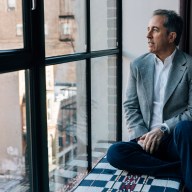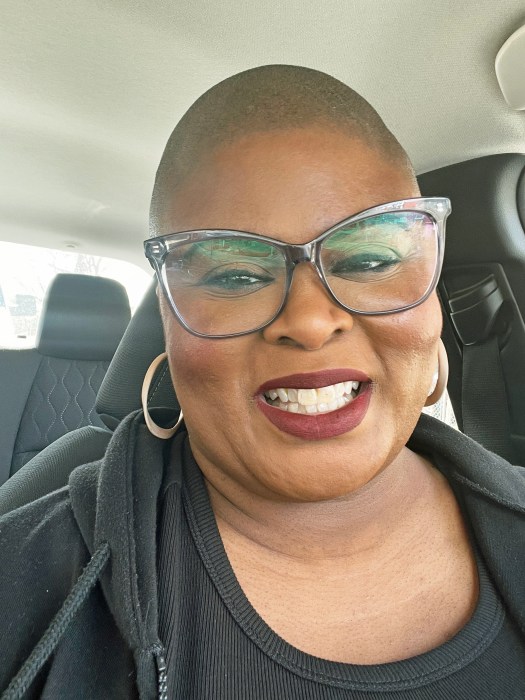When Harry Christophers faces the musicians on stage at Symphony Hall, it sometimes looks like he’s conducting more than just the orchestra and singers; it looks like he’s conducting electricity.
“We are trying more and more to be demonstrative on stage,” admits Christophers, who is now in his fourth season as the artistic director of the Handel and Haydn Society. During his time with the organization, he says he’s watched the audiences begin to diversify.
“It’s all about clearing the cobwebs off of this music and bringing it to life,” he says. “What happened is from the late 1800s to probably about 1960, people were performing baroque music, but they were performing it in a very stodgy, old-fashioned, heavy-handed way.”
Christophers achieved international success for founding and conducting the U.K.-based choir and period instrument ensemble The Sixteen more than 30 years ago. He says that Americans need to be exposed to less stodgy interpretations of period music to realize the inert energy within these compositions.
“I’m not saying the orchestras and singers should move around and be a distraction, but I’m saying that they should get into this music and that physically, they are involved in it,” he says. “Because otherwise, if you want to listen to an orchestra just sit still in their seats, then why don’t you just stay at home and listen to the CD? There’s no point. You want a live experience. You want to be feeling that music in the hall, and it’s up to us as performers to be feeling this bridge from the audience to the stage and that bridge going back from the stage to the audience. There’s got to be that feeling.”
This weekend Christophers leads the the Handel and Haydn Society through Henry Purcell’s 1695 semi-opera “The Indian Queen,” which, despite its title, is actually about an Aztec queen, Zempoalla, before the Spanish conquest. The work was unfinished at Purcell’s death, and had to be completed by his brother, Daniel.
“He’s the greatest composer England ever had,” says Christophers. Such hyperbole is not the norm for Christophers. He says Henry Purcell was like a 17th century version of some of the most promising rock stars of the 20th century whose lives were snuffed out too soon.
“He died in his mid 30s and it’s one of those composers where you just ask, ‘Gosh, what might he have become?’ like Mozart,” he says. “He’s probably the finest composer that wrote in the English language. He’s very much the Shakespeare of the musical world.
Too much from the past?
In his downtime, Harry Christophers usually listens to music from the past, but not as far back as the music he conducts.
“My children are all in their early 20s and they keep me abreast of all sorts of things. They were the first people that introduced me to Jack Johnson and Bon Iver,” he says. “I love cooking, [but] my wife clears out of the kitchen because she finds some of the stuff I play too much from the past, like John Mayall and the Bluesbreakers, or I had ‘Led Zeppelin I’ on the other day. It’s great!”
Handel and Haydn Society: Purcell’s the Indian Queen
Friday through Sunday
Jordan Hall
30 Gainsborough St., Boston
$20-$84, 617-266-3605
















